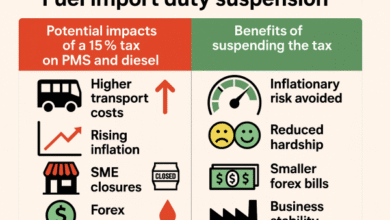BY LAWRENCE ETIM.
In an interactive session with newsmen in Lagos last Monday the Independent National Electoral Commission on Monday, Prof. Attahiru Jega, made this known that his commission had begun compiling names of politicians breaching electoral laws in the country. And that information on such politicians was being passed on to security agencies for necessary action.
The commission’s Chairman, again warned politicians violating electioneering rules ahead of 2015 polls to beware. He noted that all the registered political parties were also guilty. The INEC chief however maintained that parties were free to hold their rallies as long as they did not campaign for votes for the 2015 elections.
Although he was confident that the 2015 polls would surpass the previous ones, he expressed worry over the behaviour of some stakeholders, especially politicians. He urged such politicians to change their attitude and respect the rules of the game. Jega said that the commission had substantially “placed square pegs in square holes’’ to ensure improvement in future elections. “We have told our members of staff that anyone who does anything wrong will have himself or herself to blame,’’ the nation’s chief electoral officer stated.
INEC has intensified training for its permanent and ad hoc staff to make them more proficient and improved the integrity of the biometric register. He recalled. “We have cleaned the register. It now compares favourably with any electronic register anywhere in the world,’’ the commission’s boss added. INEC has also adopted some security devices that can check multiple registrations, Jega said, adding that ballot papers and result sheets would be numbered to make it possible for its officials to account for them.
He said that INEC lacked the capacity to prosecute those behind the over one million cases of multiple registrations in its records. This, according to Jega, was “why we recommended the setting up of electoral offences tribunals in line with Justice (Muhammadu) Uwais’ recommendations.’’ He eventually explained that the permanent voter cards being introduced by INEC were chip-based and contained details of individuals which could be screened by card readers at polling units.











